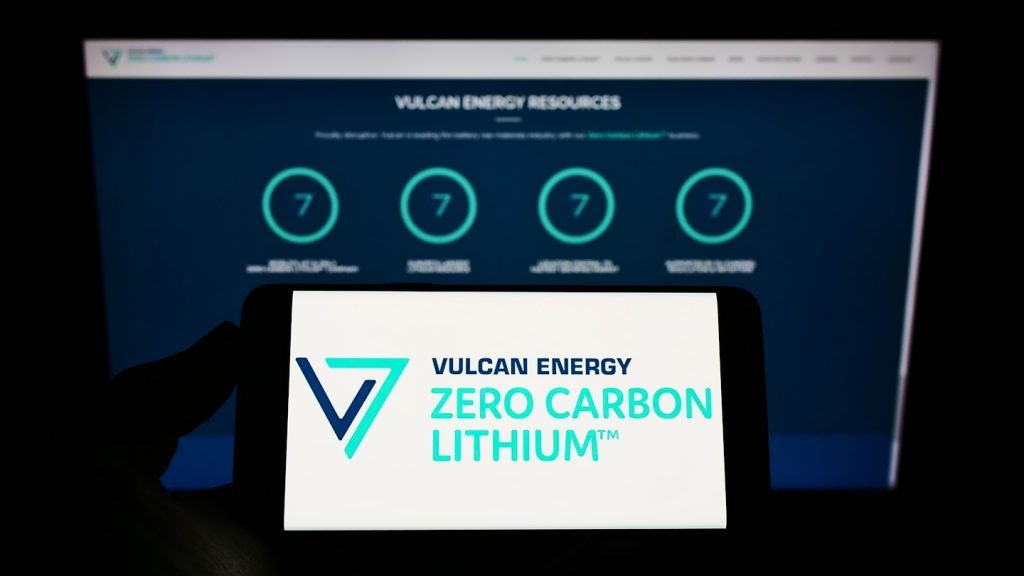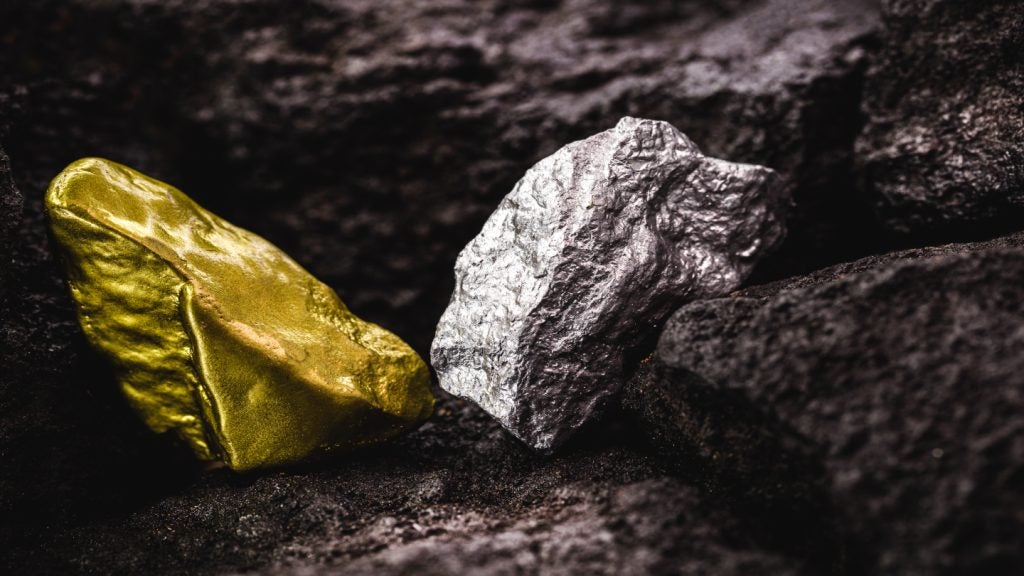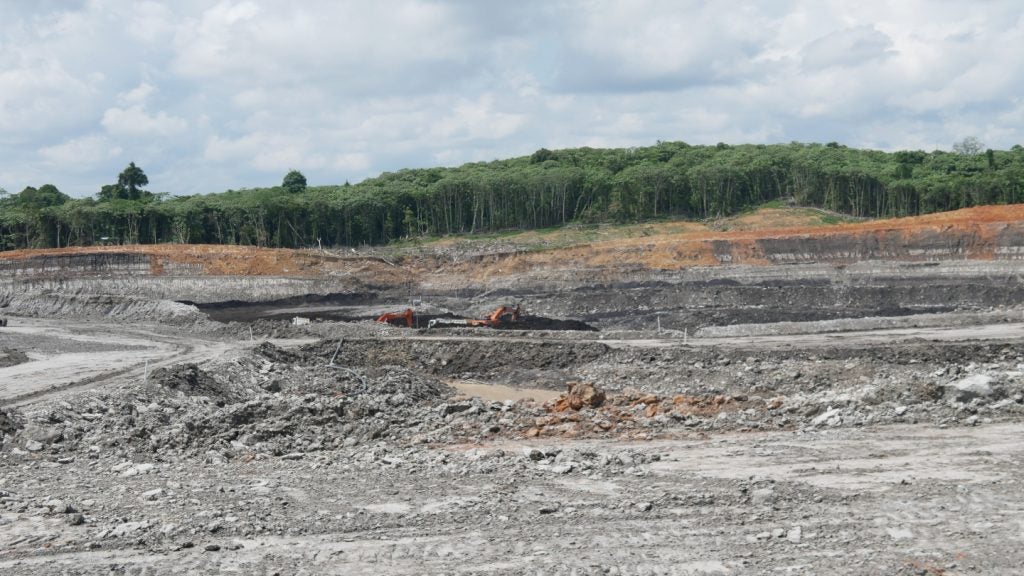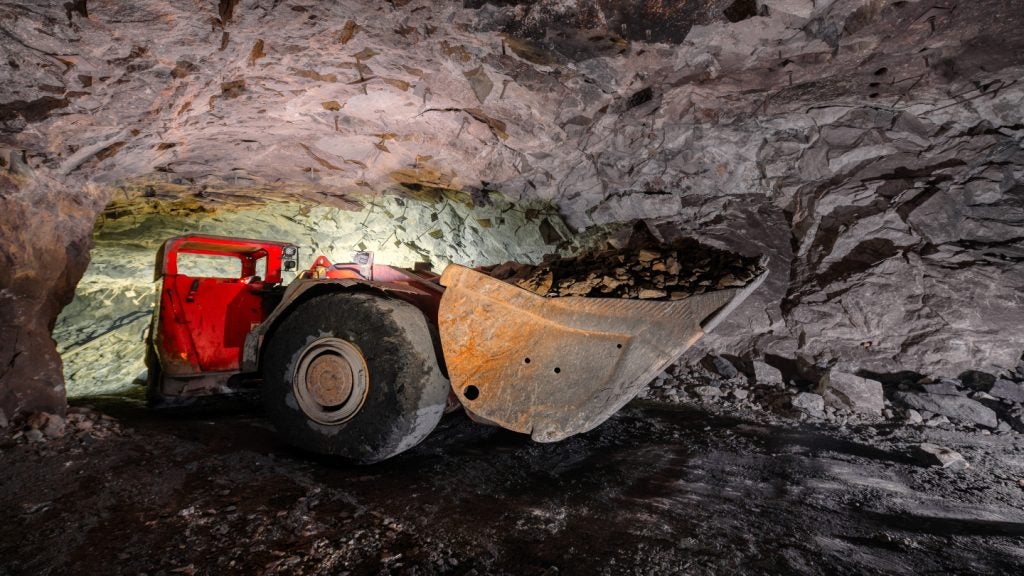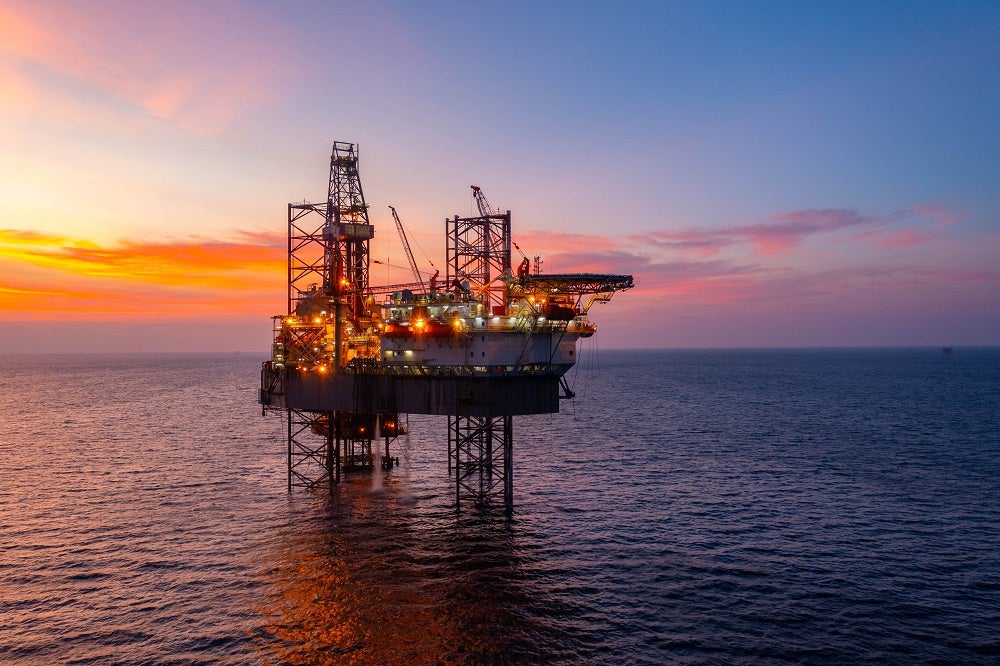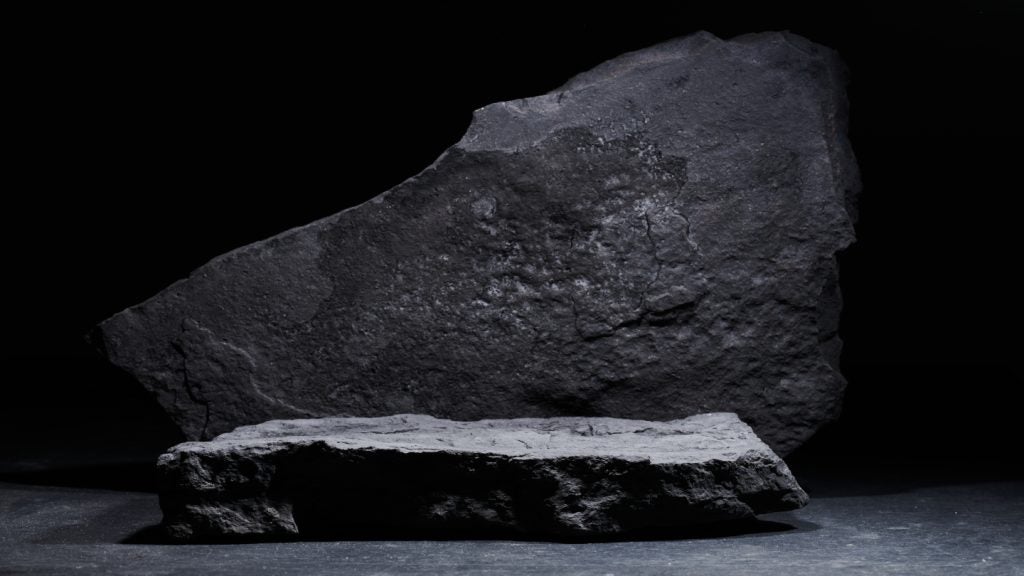Australian lithium miner Vulcan Energy is currently in negotiations with various lithium enterprises to license its filtration technology, reported Reuters.
This move is set to open a new stream of revenue as the company advances its renewable energy-powered lithium project in Germany.
Earlier this month, Vulcan commenced the production of lithium hydroxide at its Central Lithium Electrolysis Optimisation Plant (CLEOP) in Frankfurt, Germany, from its Rhine Valley operations, utilising a method known as adsorption direct lithium extraction (A-DLE).
This process leverages geothermal energy to extract lithium from brine deposits, potentially transforming the lithium market by significantly accelerating the production timeline of the metal, which is essential for electric vehicle batteries and electronic devices.
The introduction of DLE technology is set to transform the lithium industry, reducing the production time from months or even years to mere hours or days.
Vulcan joins the ranks of companies including Eramet and ExxonMobil that are striving to make DLE technology a standard practice in the sector.
Vulcan Energy CEO Cris Moreno was quoted by Reuters as saying: "We are talking to all sorts, including developers and producers. If you have a four-to-five-year window to get into production, you need to act now. There's also producers out there that are trying to get an extra 1–2% of efficiency."
Meanwhile, Vulcan's lithium hydroxide is being provided to customers such as Stellantis, an automaker, for quality assessment.
The company is on track to finalise the commitment letters for the 60% debt portion of its funding by Christmas and aims to secure strategic equity by the first quarter of the following year.
Furthermore, Vulcan was recently awarded €100m ($106m) from Germany to support its HEAT4LANDAU project, which will also contribute to the decarbonisation of the Landau district through the use of geothermal heat.


